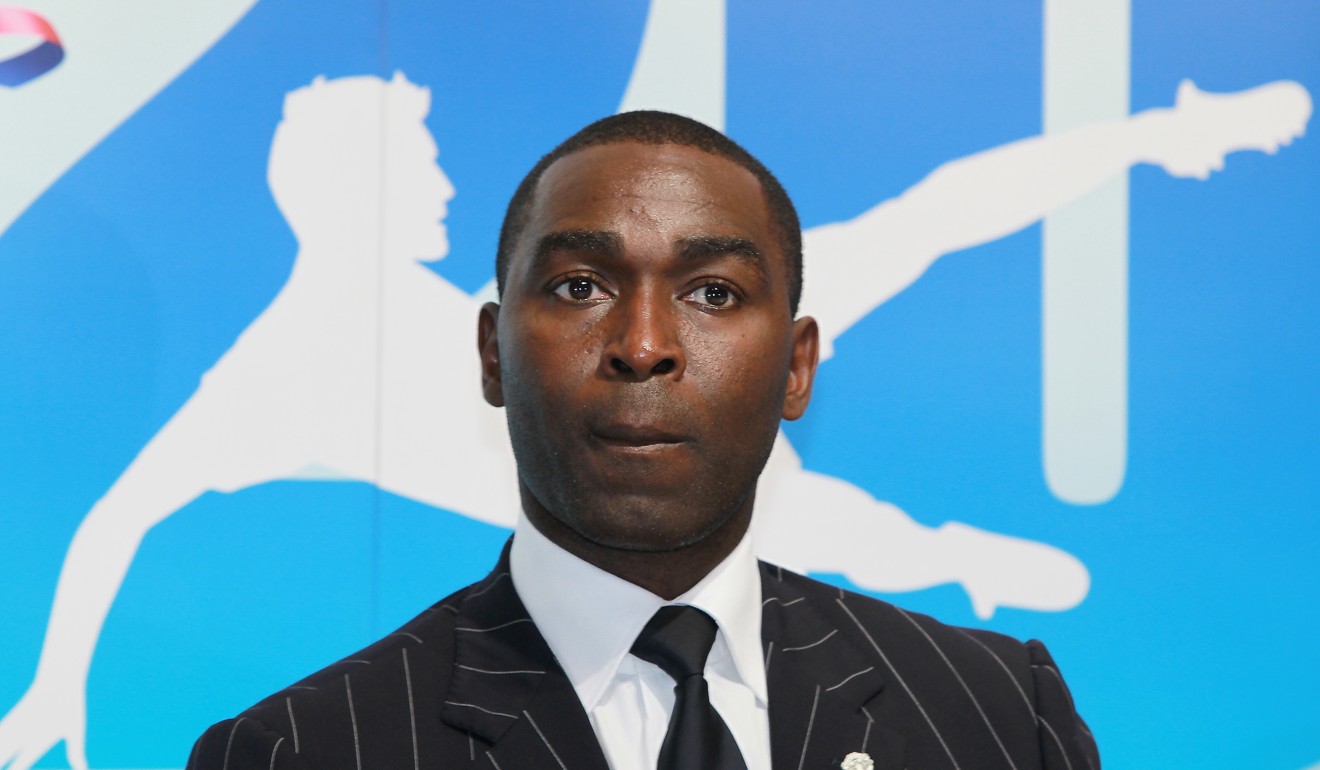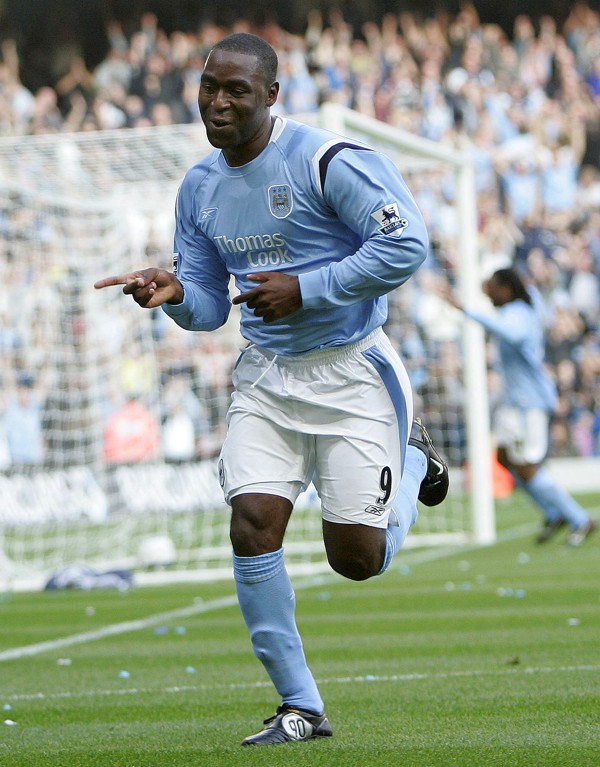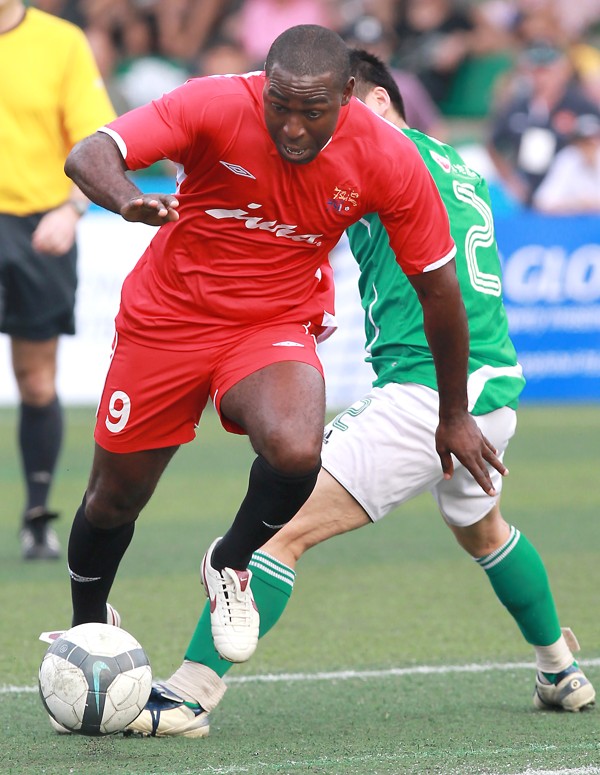
Manchester United great Andy Cole drives ‘life-saving’ law change after kidney transplant close call
The 46-year-old’s fight is ongoing but he is not sitting idle, having fronted a campaign to change British organ donor laws

Cole was a revelation. He spoke for four hours after his life, from his father holding his ground in the miner’s strike, a Jamaican who’d suffer all kinds of abuse, to cutting through the Barcelona or Juventus defence as part of Manchester United’s treble winners. Cole scored 187 league goals and he’s still the third all-time scorer in the Premier League era after bursting onto the scene with Newcastle United. “He gets the ball, he scores a goal,” fans would sing, “Andy, Andy Cole.” Mostly associated with Man United, he even won over Manchester City fans with his hard work.
We kept in touch and I got to know him. He wasn’t arrogant at all, just a private family man who was loyal to his friends and wanted to be around people he trusted. We did a newspaper column together for years and I’ve never worked with a more reliable footballer. If he said he would call at eight, then he’d call at eight. Believe me, that’s not the norm.
Not every footballer deals with the transition from being a top-level footballer to not being one, but Cole did better than most.
“I’ve thoroughly enjoyed my life since I stopped playing,” said the 46-year-old. “Of course you miss playing now and then, but I’ve travelled, I still work with Manchester United, I spent more time with my family and watched my kids grow up. I did all that after achieving my dream of being a professional footballer and playing at great football clubs.”
The kids are Faith and Devante, another professional footballer now at Wigan Athletic.

And then, in 2015, he became poorly, seriously poorly. He refused to go to hospital but called the former Man United doctor instead, just as he’d done before when ill. But no headache tablet could sort this problem and he reluctantly went into hospital.
He thought he’d be there an hour, but was told that he would be staying in as he had a serious kidney infection and would need dialysis. Medication meant his weight ballooned. He’d told few of his condition, yet he was famous.
People talked and poked fun at his appearance on social media, asked him why he’d let himself go, why he’d hit the beer or eaten all the pies. They didn’t matter, the people close to him did. But even they didn’t have the answers.
“People close to me would say ‘You’ll be OK,’ because they don’t really know what else to say, but I wasn’t OK,” Cole says.
Cole tried to speak positively, but he was an ill man.
“Dialysis is horrible and left me so tired,” he explains. “I couldn’t do it any more, it takes so much out of you. By the end I was tired of being tired. I could sleep 11, 12 or 13 hours a day and still be absolutely knackered.”

“I had doubts when he offered,” says Cole. “He told me that he was sure that he wanted to do it, that he was sick of seeing me like I was. I kept asking him if he was sure. He said he was. Tests were done to see if it was the right match for me and it was. I’m indebted to him.”
Cole had a kidney transplant in April 2017.
“It was a success,” states the man who admits he came very close to not surviving. “My new kidney is working well. I’m doing well, my nephew is too, but he also gets tired and needs a nap when it all catches up with him.”
Cole put his name to a campaign to change British law so that the organs of people who die can be used for donors unless they state specifically that they don’t want them to be used. Previously, people had to state that they wanted them to be used.
“I didn’t realise how many people died waiting for a donor,” he says. “Others have been waiting for 10 years. Sometimes they run out of time – 457 died last year in the UK.”
Cole recently went to the British Parliament to push the case.
“A day later the act was passed,” he says. “I’m delighted with the outcome, lives will be saved.”
Two positive outcomes in a year.
“I think I have a bright future,” he says, but the fight goes on. “I know I have a problem which is going to be with me for the rest of my life, but it’s for me to manage it. I listen to my body but I’m just thankful to be alive so that I can.”

